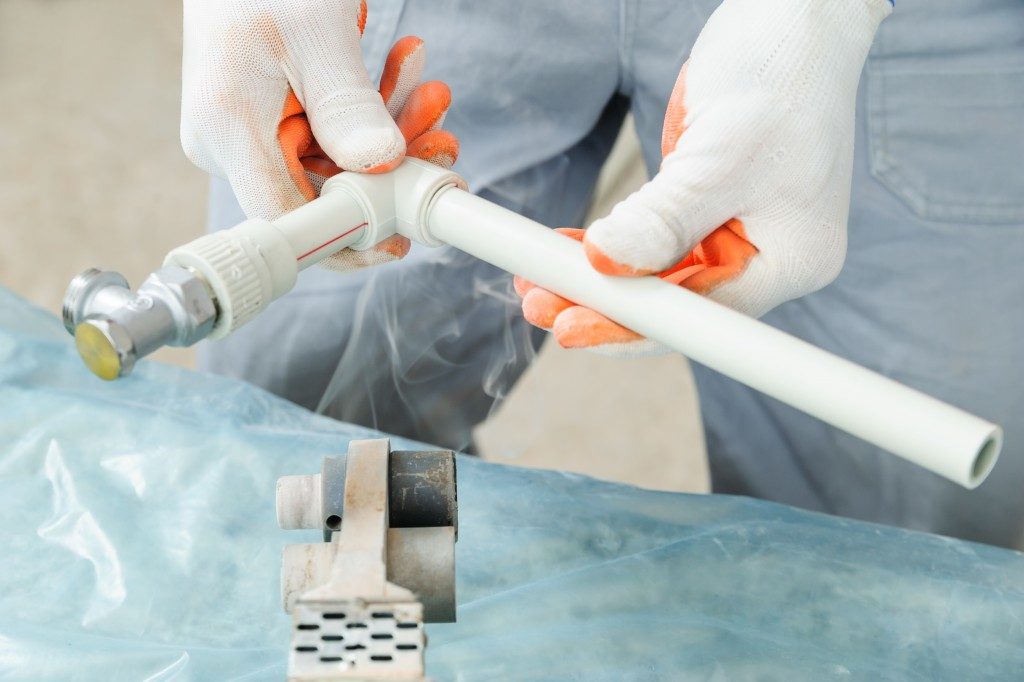High-density polyethylene (HDPE) is a type of thermoplastic polymer made of a material that may be melted and reformed. It is durable, rugged, and flexible. It has excellent resistance to chemicals, corrosion, and cracks due to environmental stress. It is also versatile as it can be used in a wide range of industrial applications such as industrial energy, geothermal, landfill, mining, marine, HVAC, oil, gas, municipal, and agricultural applications. For these reasons, durable HDPE pipes and fittings are fast becoming a popular choice among customers, engineers, and contractors. Aside from their durability and flexibility, HDPE pipes also offer a more sustainable option because of their non-toxic nature.
Abrasion-, Chemical-, and Corrosion-resistant
Corrosion is a common problem in metal piping systems. It doesn’t just occur on the outside but also on the inside. It affects hydraulic efficiency. To combat this, many cities treat their water. Others use expensive protective methods on the pipes to help extend their service life, such as plastic coating, sleeving, or cathodic protection. Unfortunately, this only helps slow down rust and pitting of the metal pipes. HDPE pipes, on the other hand, do not require such costly maintenance because they are resistant to corrosion, and they are unaffected by fungi, bacteria, and a lot of aggressive naturally occurring soil. They also have good resistance to most organic substances such as fuels and solvents.
Leak-free
Did you know that most municipalities report an average of 16% water loss because of leaking joints? Some even report water loss as much as 50%. This is because traditional piping systems make use of mechanical-type or bell and spigot joints that all acknowledge a specific leakage factor. Leaking pipes do not just waste such a precious resource, but it can also cost you a lot of money in the long run. A better option to traditional piping systems is HDPE pipes because they make use of heat fusion to join them together, which makes them permanently leak-free.
Flexible and Lightweight

HDPE pipes are unbelievably flexible and lightweight. In fact, they are produced using materials that are approximately one-eighth the density of steel. They are lightweight enough that they do not need the use of heavy lifting equipment during installation. They are also ideal for areas that are prone to earthquakes or have uneven terrain.
Superb Flow Characteristics
HDPE pipes are smoother than cast iron, steel, ductile iron, and concrete pipes, so a smaller-diameter HDPE pipe can produce the same volumetric flow rate at equivalent pressure as that of a traditional piping system. Furthermore, it also has a lower tendency of turbulence and less drag at high flow rates. HDPE’s non-stick surface and chemical resistance characteristics virtually eliminate pitting and scaling, which helps preserve the pipe system’s hydraulic characteristics.
HPDE pipe systems can be fused into seamless leak-free pipe runs, so they need fewer fittings. They are also quite easy to install. Additionally, HPDE pipes make use of lighter equipment during installation. This helps consumers save money in terms of labour and equipment.

